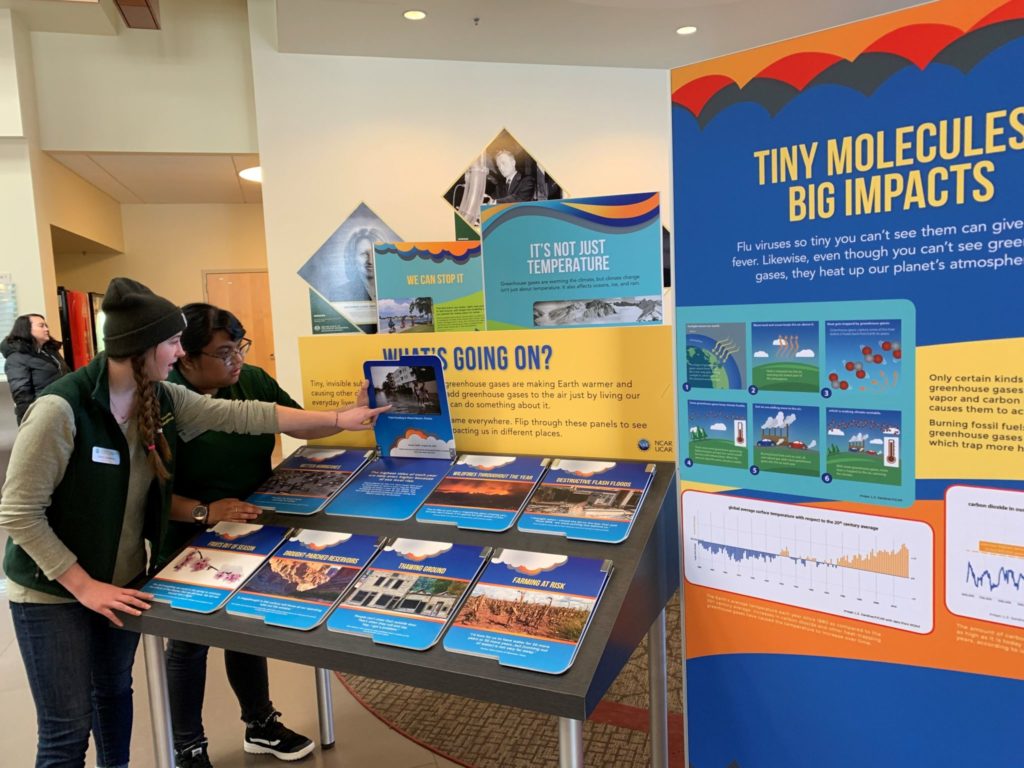
“Real People, Real Climate, Real Changes” – a traveling exhibit launched by the National Center for Atmospheric Research or NCAR – is on display at the Walter Scott, Jr. College of Engineering this spring.
The interactive exhibit will be open to the public in the Scott Bioengineering Building atrium through March 12. The college and NCAR will also host a panel March 3 featuring some of the top climate scientists in the field. Registration is required for the event.
The exhibit builds on NCAR’s popular onsite climate exhibit, which draws more than 100,000 visitors a year to the research center’s Mesa Laboratory in Boulder. “Real People, Real Climate, Real Changes” was developed by NCAR and the UCAR Center for Science Education to help share the science of climate change and how it impacts people’s lives. This exhibition was made possible with funds provided by the National Science Foundation.
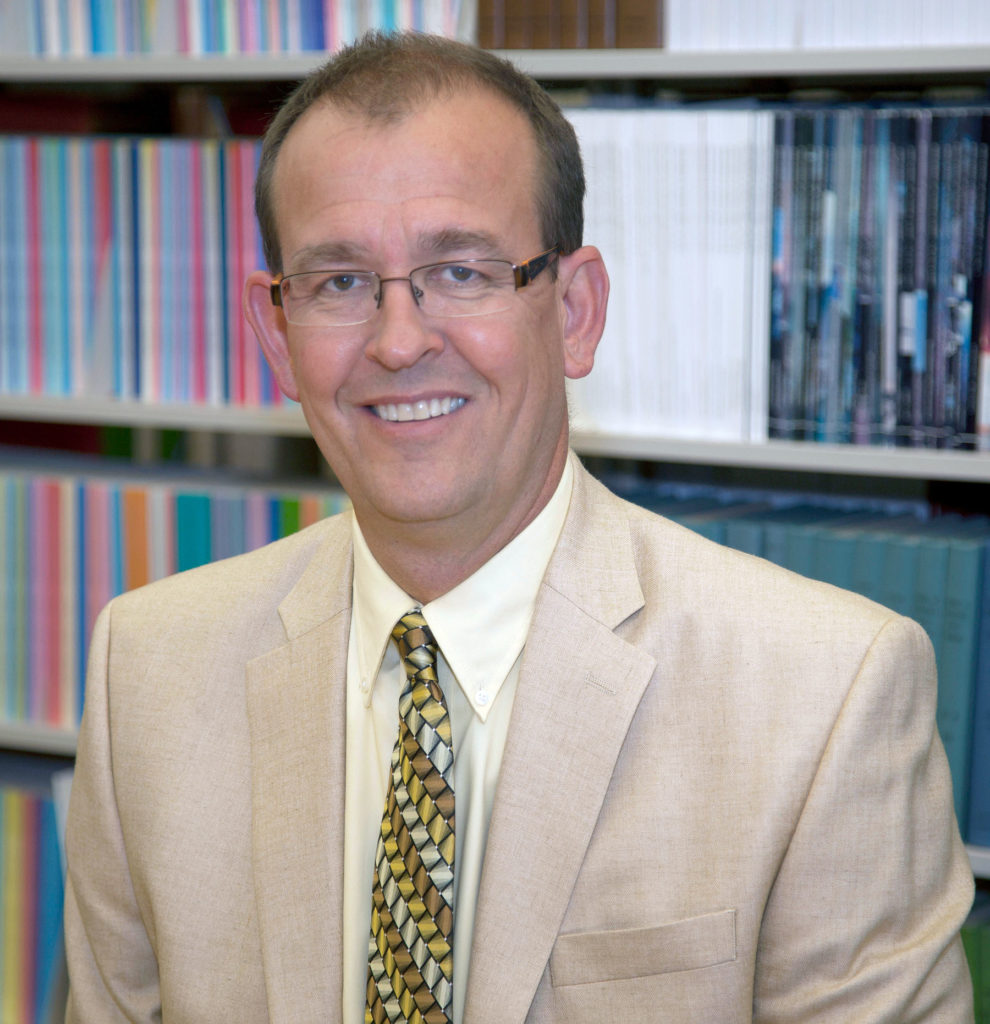
Close CSU ties to NCAR
The engineering college has many strong ties to NCAR, especially in the Atmospheric Science department, which conducts fundamental research on climate dynamics and climate change. Former NCAR director Jim Hurrell is on the faculty and also serves as Scott Presidential Chair in Environmental Science and Engineering.
“Our faculty are conducting innovative research on energy, air quality, protecting our environment, and water – all areas impacted by climate change – so we are excited to showcase this exhibit,” said Dean Dave McLean. “NCAR and Jim have given us a wonderful opportunity to better connect with our community, and also help tell the story of the science behind climate change.”
“We are excited for our partnership with CSU and to share the science taking place at NCAR with the Fort Collins community,” said education and outreach specialist, Lorena Medina Luna. “We want to learn about what climate change means for people in their hometowns and hear their stories.”
Using pictures, infographics, and personal stories, the traveling exhibit explains how scientists know the climate is changing, what that future may look like, and how the impacts are affecting people, from flooding and drought to sea level rise and severe weather. The exhibit also allows visitors to explore how their own choices make a difference.
Register for special event planned March 3
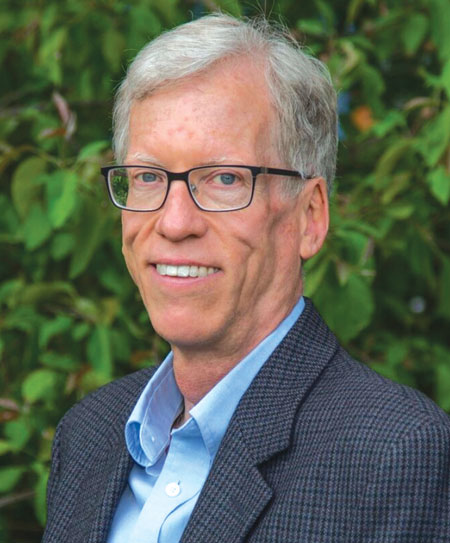
To celebrate the exhibit and partnership, NCAR and the college will host a public event featuring a reception and an Explorer Series panel discussion from 5-7 p.m. March 3 in the atrium of the Scott Bioengineering Building, 700 Meridian Ave. The panel will begin at 6 p.m.
Due to limited space, registration is required.
Some of the college’s leading experts in climate change will serve on a special NCAR Explorer Series panel with scientists from NCAR and Hurrell, whose research centers on analyses and model simulations of climate, climate variability and climate change.
Joining the panel will be Bob Henson, a meteorologist and writer at Weather Underground, who helped develop the traveling climate exhibit as a consultant for NCAR.
Other CSU panelists
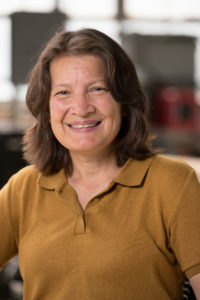
Tami Bond, Scott Presidential Chair in Energy, Environment and Health and professor, Mechanical Engineering, who studies complex links between energy, climate and human choices.
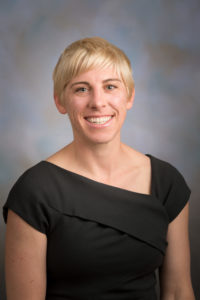
Ellison Carter, assistant professor, Civil and Environmental Engineering, who studies health impacts of household energy use.
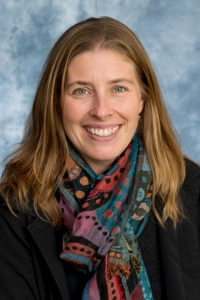
Emily Fischer, associate professor, Atmospheric Science, who studies impacts of oil and gas development on air quality and connection between fires and air quality.
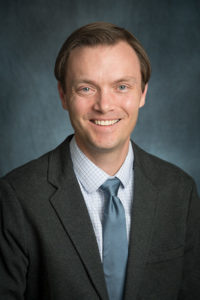
Russ Schumacher, associate professor, Atmospheric Science and state climatologist who studies weather forecasting and precipitation extremes such as flash floods.